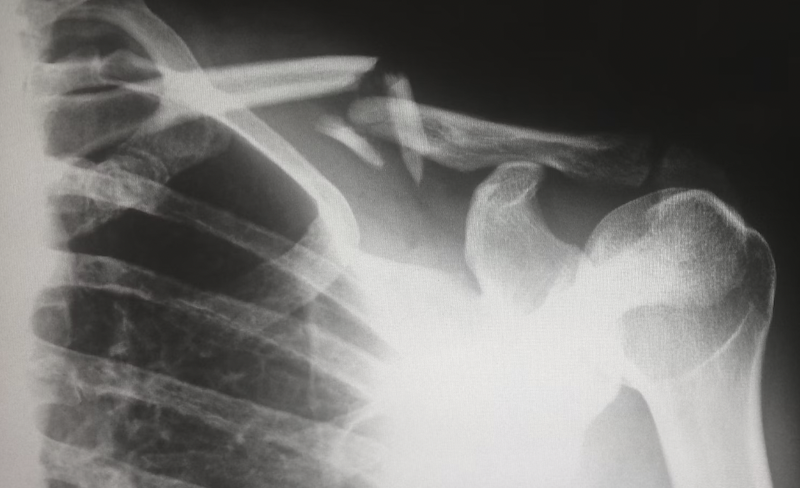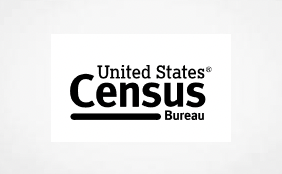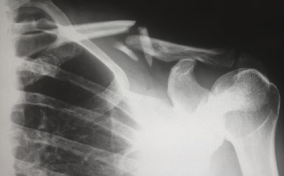Dealing with personal injuries can be overwhelming and stressful. The aftermath often involves medical bills, emotional distress, and navigating complex legal processes. To help you manage this challenging situation effectively, here are six practical tips from a lawyer experienced in personal injury cases.
1. Consult a Personal Injury Lawyer
Navigating the legal complexities of a personal injury claim on your own can be daunting. Consulting a personal injury lawyer can make a significant difference in the outcome of your case. For residents of Greenville, a Greenville Personal Injury Lawyer can provide expert advice, handle negotiations with insurance companies, and represent you in court if necessary. Most personal injury lawyers work on a contingency fee basis, meaning they only get paid if you win your case, which reduces your financial risk.
- Initial Consultation: Take advantage of free initial consultations offered by many personal injury lawyers. This meeting allows you to gauge their experience and decide if they are a good fit for your case.
- Specialized Expertise: Choose a lawyer who specializes in personal injury law. Their specialized knowledge and experience can provide valuable insights and enhance your case’s strength.
- Negotiation Skills: A skilled lawyer will have strong negotiation tactics to deal with insurance companies. They can ensure you receive a fair settlement without having to go through a lengthy court process.
2. Seek Immediate Medical Attention
Your health and well-being are paramount. Even if your injuries seem minor, it’s crucial to see a doctor immediately. Some injuries may not show symptoms right away but can worsen over time. Medical records will also play a vital role in your legal case, providing documented evidence of your injuries and the treatment you received. Delaying medical care can not only jeopardize your health but also weaken your claim.
- Get a Full Evaluation: Ask for a comprehensive medical evaluation to ensure all potential injuries are identified. Hidden injuries like internal bleeding or concussions may not be immediately apparent.
- Follow-Up Appointments: Schedule and attend follow-up appointments to monitor your recovery. Consistent medical care demonstrates the seriousness of your injuries to the court.
- Specialist Referrals: If necessary, request referrals to specialists for specific injuries. Expert opinions can add weight to your medical evidence and provide a clearer picture of your condition.
3. Document Everything
Thorough documentation is key to building a strong personal injury case. Start by collecting evidence from the accident scene, such as photos, videos, and witness statements. Keep a detailed record of your injuries, medical treatments, and how the injury has impacted your daily life. Maintain copies of medical bills, insurance correspondence, and any other related documents. This comprehensive documentation will support your case and help your lawyer advocate effectively on your behalf.
- Daily Journal: Keep a daily journal detailing your pain levels, emotional state, and any limitations in your daily activities. This can humanize your case and illustrate the true impact of the injury.
- Witness Statements: Collect contact information and statements from any witnesses at the scene. Their accounts can provide unbiased support for your version of events.
- Accident Reports: Obtain official accident reports from authorities. These documents often contain crucial details and professional assessments of the incident.
4. Avoid Social Media Pitfalls
As digital platforms tend to be more popular, it’s tempting to share updates about your life on social media. However, during a personal injury claim, it’s best to avoid posting about the accident, your injuries, or your recovery. Insurance companies and opposing attorneys often monitor social media accounts to find evidence that can be used against you. Even seemingly innocent posts can be misconstrued and damage your case. Be mindful of your online presence and privacy settings until your claim is resolved.
- Privacy Settings: Strengthen your social media privacy settings to restrict access to your posts. Limit who can view your updates to prevent unwanted scrutiny.
- Think Before Posting: Consider how each post might be perceived by others. Avoid sharing any information that could be taken out of context and used against you.
- Social Media Hiatus: If possible, take a break from social media until your case is resolved. This minimizes the risk of accidental disclosures that could harm your claim.
5. Follow Your Doctor’s Advice
Adhering to your doctor’s treatment plan is essential for both your recovery and your legal case. Failing to follow medical advice can be interpreted as a sign that your injuries are not as severe as claimed. Attend all scheduled appointments, take prescribed medications, and follow through with recommended therapies. This not only promotes your physical recovery but also demonstrates your commitment to getting better, which can strengthen your case.
- Detailed Records: Keep detailed records of all medical appointments, treatments, and prescriptions. These documents provide a timeline of your recovery efforts and adherence to medical advice.
- Therapy and Rehabilitation: Engage fully in any recommended physical therapy or rehabilitation programs. Consistent participation shows your effort to recover and can aid in your healing process.
- Communication with Your Lawyer: Inform your lawyer about your medical progress and any challenges. This helps them stay updated on your condition and adjust your case strategy if needed.
6. Be Patient and Persistent
Personal injury cases can take time to resolve. Insurance companies may delay proceedings, and legal processes can be lengthy. Patience and persistence are crucial during this time. Trust your lawyer’s guidance and remain engaged in the process. Stay organized and responsive to requests for information or documentation. While the wait can be frustrating, a well-prepared and thoroughly documented case increases your chances of a favorable outcome.
- Regular Updates: Request regular updates from your lawyer to stay informed about your case’s progress. Knowing where you stand can help manage expectations and reduce anxiety.
- Stay Organized: Keep all your documents, correspondences, and records well-organized. Easy access to these materials ensures you can quickly respond to requests and provide necessary information.
- Emotional Support: Seek emotional support from friends, family, or support groups. Managing stress and maintaining a positive outlook can help you cope with the long legal process.
Handling a personal injury case effectively requires a combination of immediate action, thorough documentation, professional legal assistance, and cautious behavior. By following these tips from an experienced lawyer, you can navigate the complexities of your personal injury claim and work towards securing the compensation you deserve. Remember, your health and recovery come first, and with the right approach, you can manage the legal challenges that arise from personal injuries.



















